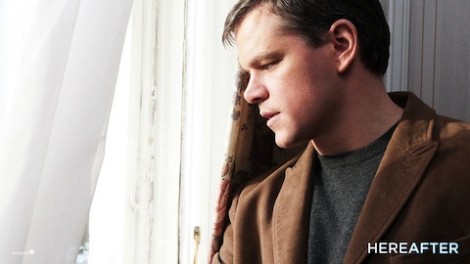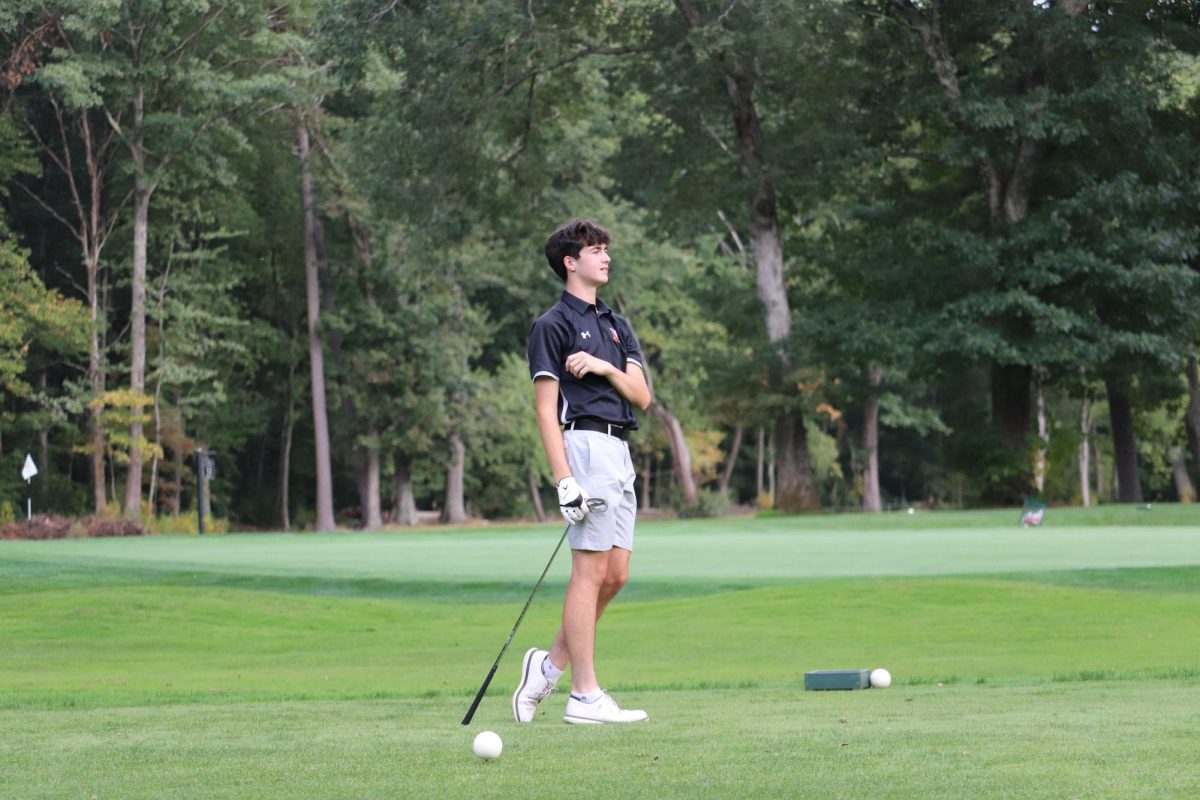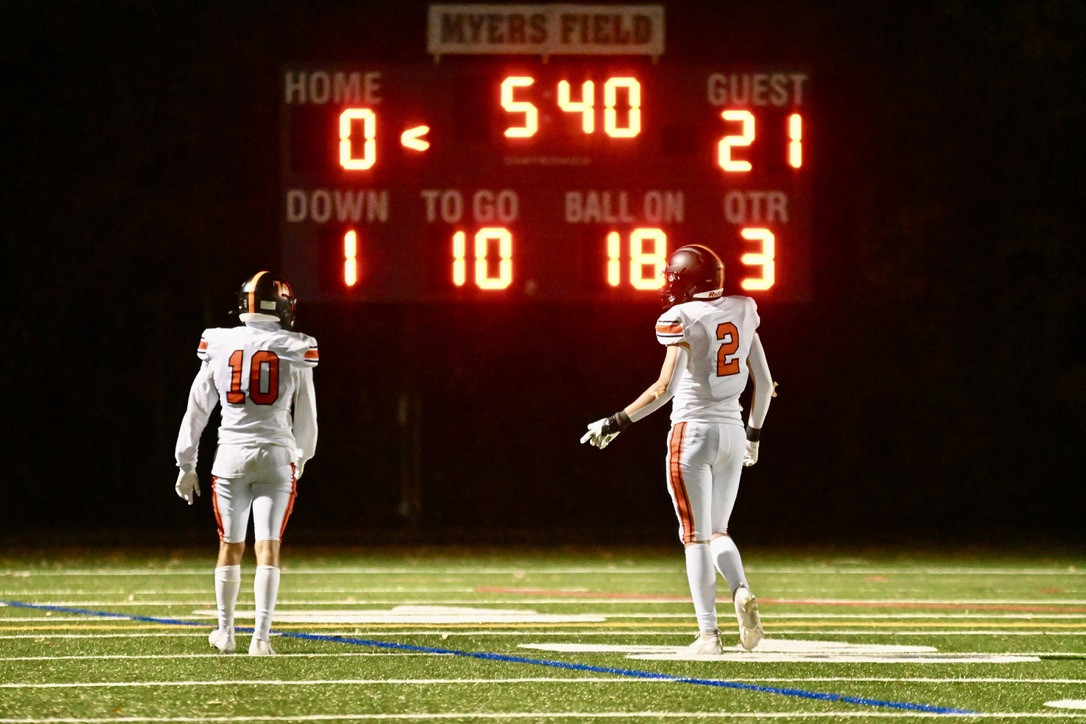What happens when we die? This crucial question is what the film “Hereafter” seeks to answer. Without stepping into the circle of controversy over this question, director Clint Eastwood takes a different route than just spelling out the answer.
“Hereafter” is composed of three parallel stories and characters struggling to overcome or understand deaths that have recently touched their individual lives.
The film begins by introducing a French reporter who survives a natural disaster. In the moments after a tsunami hits, Marie Lelay ( Belgian actress Cecile de France) lies motionless underwater as she experiences glimpses of the afterlife. The film then moves quickly to San Francisco where retired psychic, George Lonegan (Matt Damon), argues with his brother about giving a psychic reading, a gift that he has not used in many years. Lastly, in London, 12-year-old Marcus (Frankie McLaren) runs to his twin brother’s side after he has been hit and killed by a car.
So how exactly do a reporter in France, a retired psychic in San Francisco, and a young boy in London all relate? The truth is, they really don’t. Beside the fact that they all are dealing with death in some way, the characters have nothing in common at all.
“Hereafter” fails to bring together the three characters in a believable way. It felt like getting three different movies for one movie ticket, which would have been a great deal if that was what I asked for. It seems that Eastwood and writer Peter Morgan focused more on the individual plots than converging them into one cohesive story.
In the final minutes of the movie, the three stories finally intertwine at a book fair in London. Although some would consider this a clever ending, it seemed like it was thrown in solely because Eastwood couldn’t find a better way to bring the stories together.
Another crucial detail that “Hereafter” lacked was finality. The writers had plenty of interesting ideas of twists and turns in the plot, but failed to deliver their conclusions. For example, psychic George Lonegan took up a night cooking class to socialize and break out of his solitary ways, but nothing ever came of it.
By the end of the film, I was left with more questions than answers. What happened to George’s beautiful cooking class

woman, who potentially could have been a love interest? Why did she disappear faster than my interest in this movie? Why did Eastwood and Morgan decide to put in all these little plot points if they were never going to finish them?
Despite these criticisms, “Hereafter” dares to take on a highly debatable and heated question of what happens after we die in a way that is sensitive to all the different opinions on the topic.
If the three separate plots had been cut down and more time was spent on interweaving the characters, “Hereafter” would have had more success. Having said that, the acting and directing manage to evoke just the right amount of emotion needed to keep the audience in their seats.
Although multiple adults that I’ve talked to have loved “Hereafter,” as a teenager, the pace of the movie was too slow for me. For a film that was only two hours, it seemed to drag on for four.
All in all, unless you are over the age of 30 and have nothing better to do, don’t waste your time on “Hereafter.”































